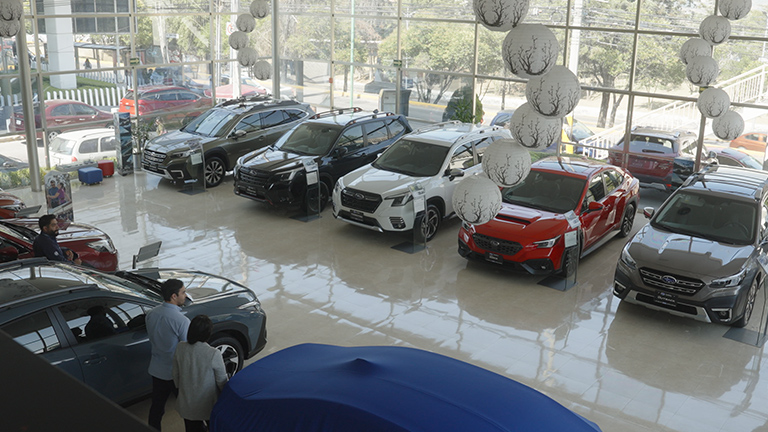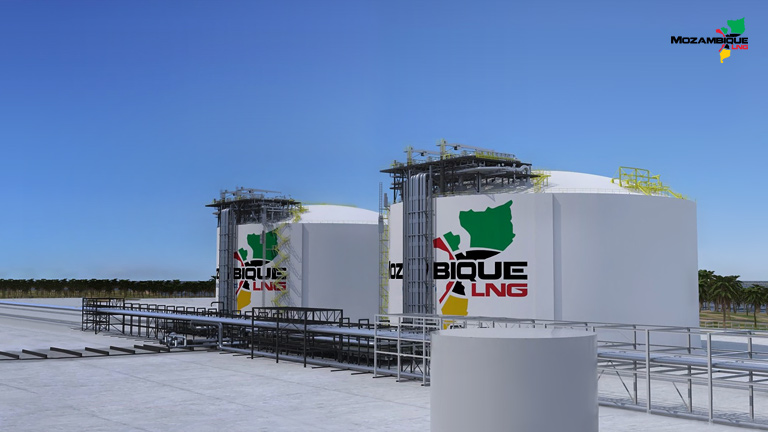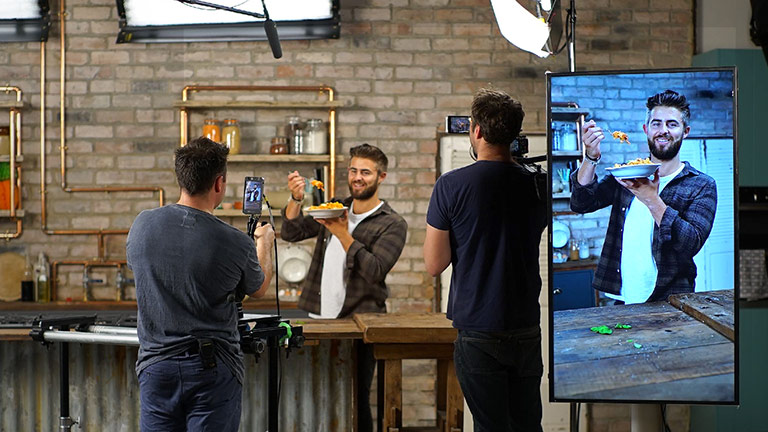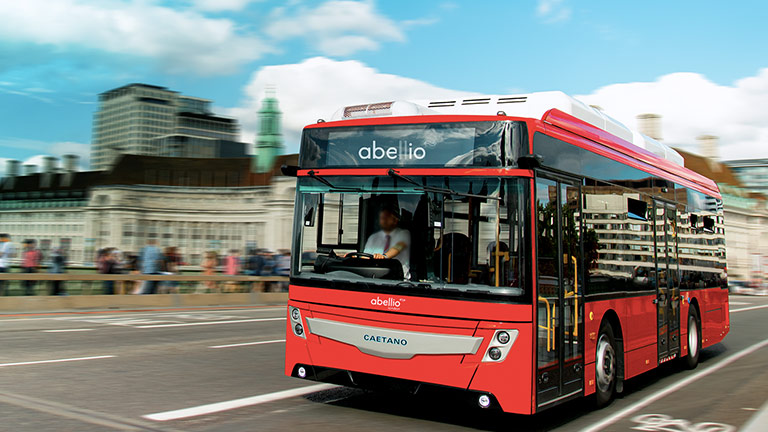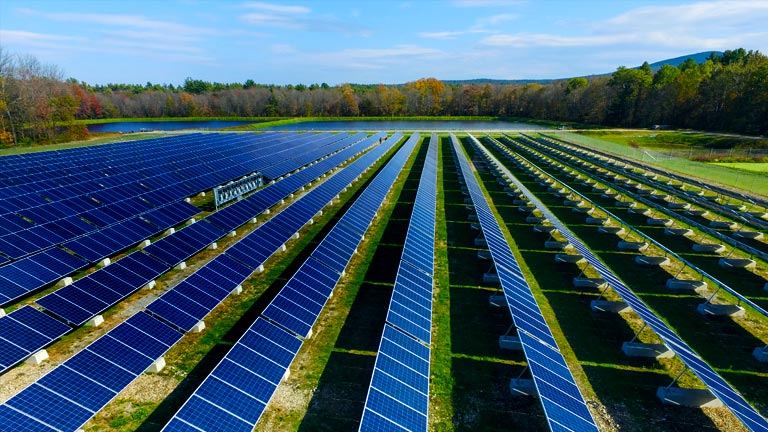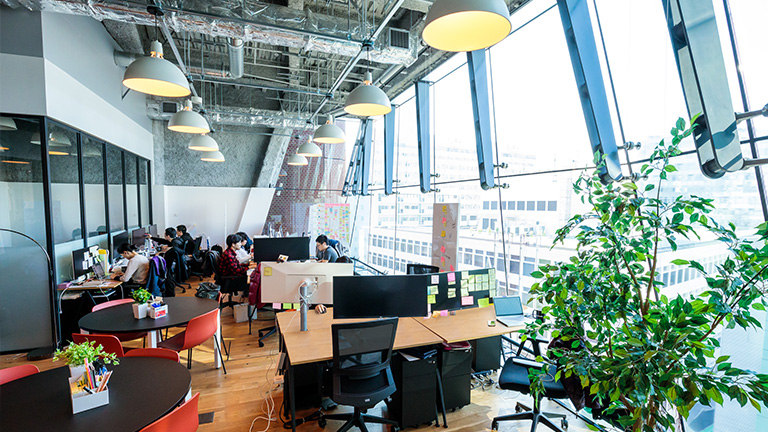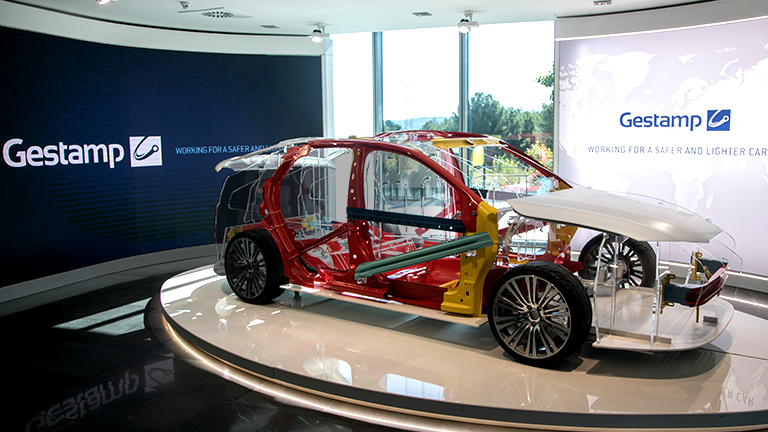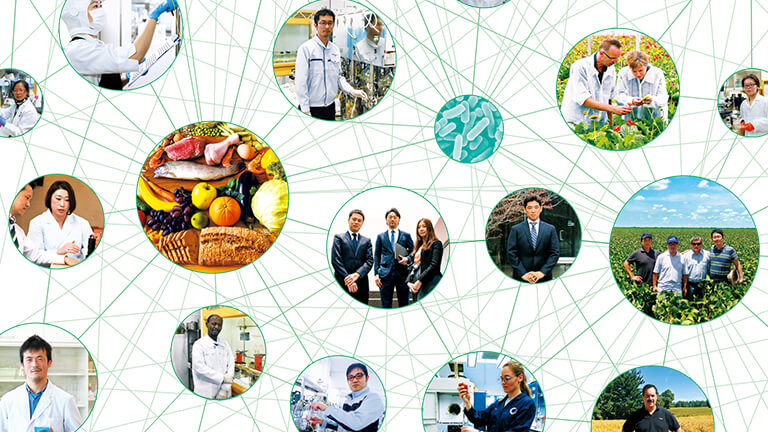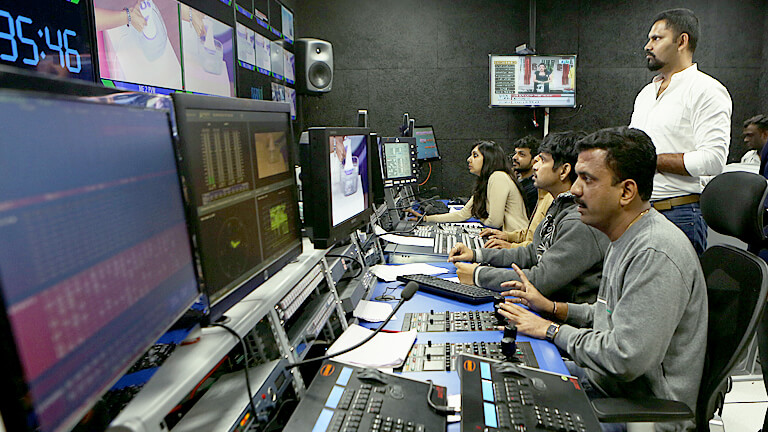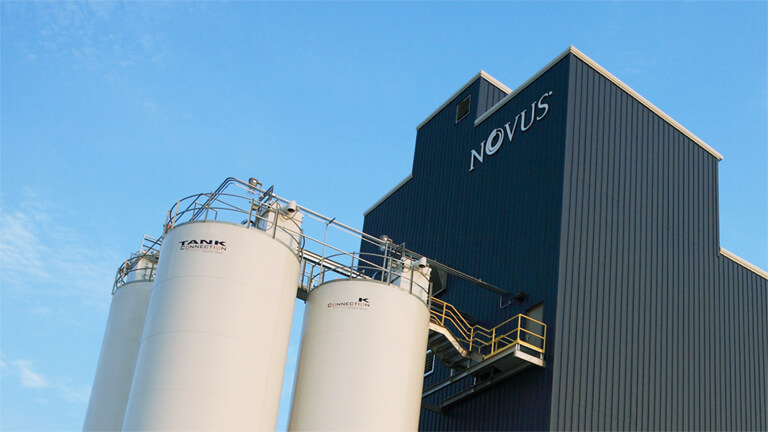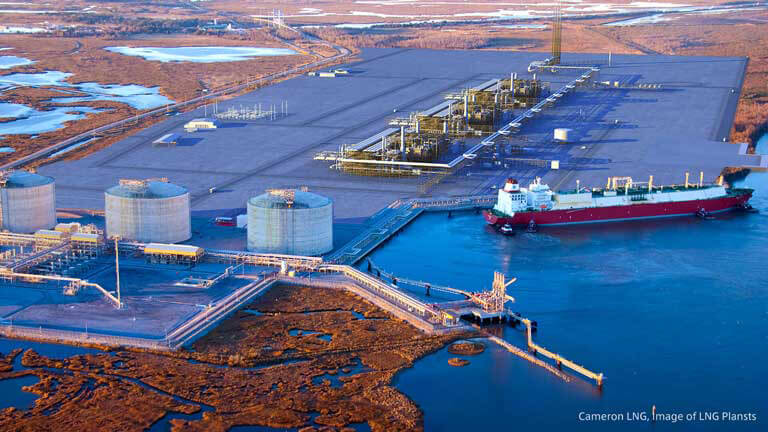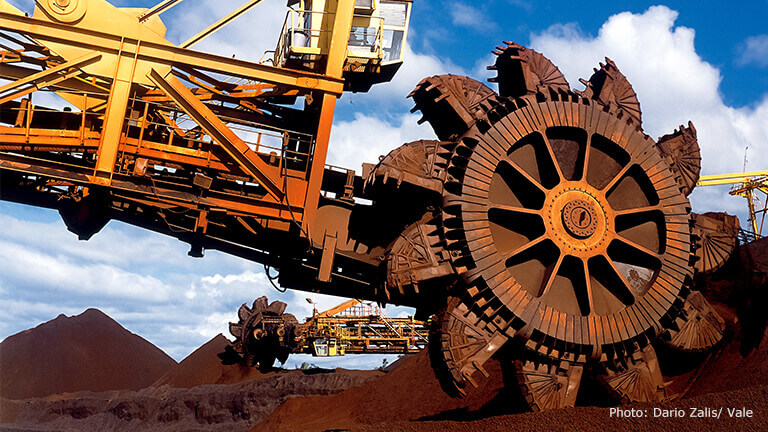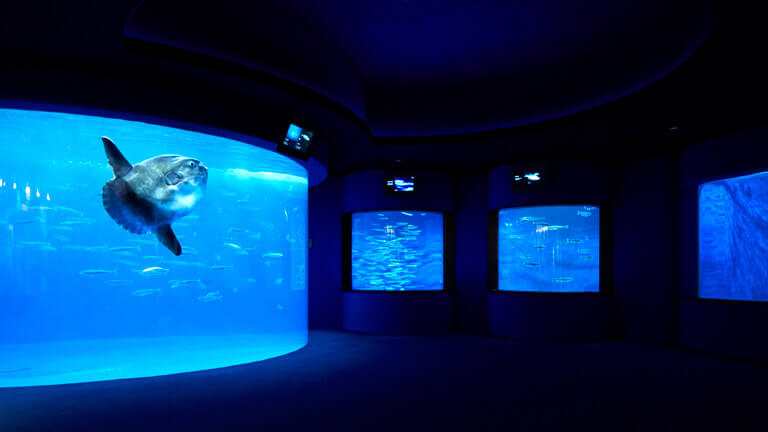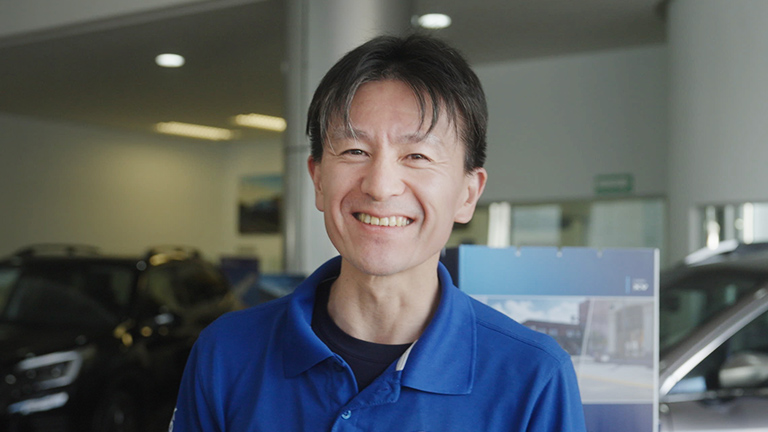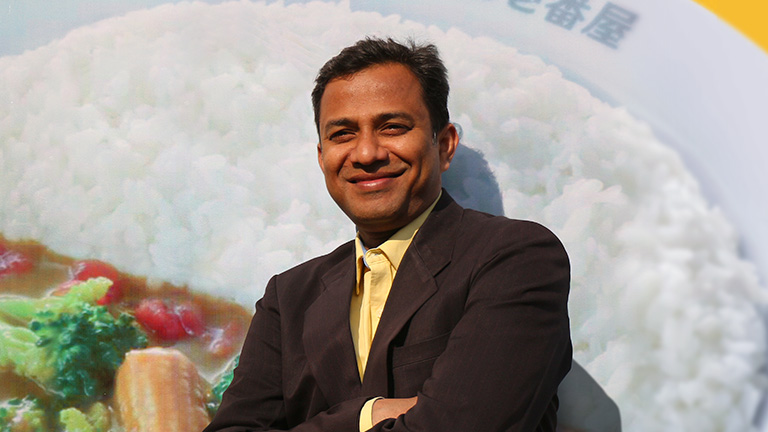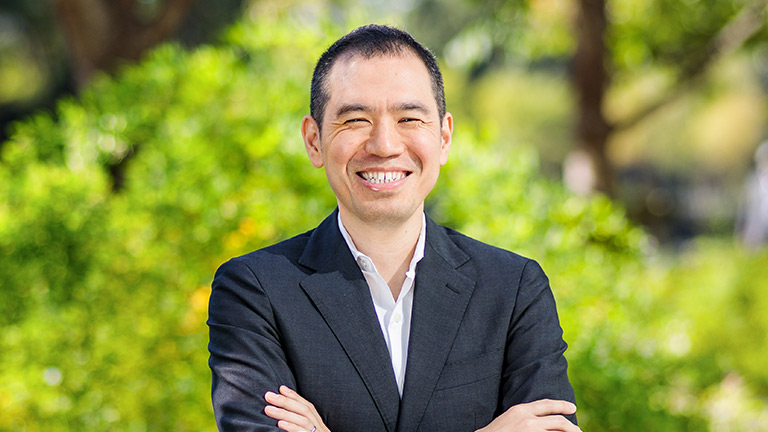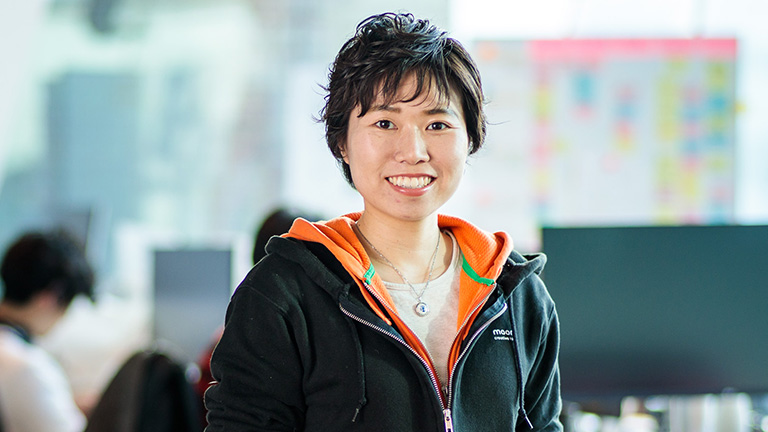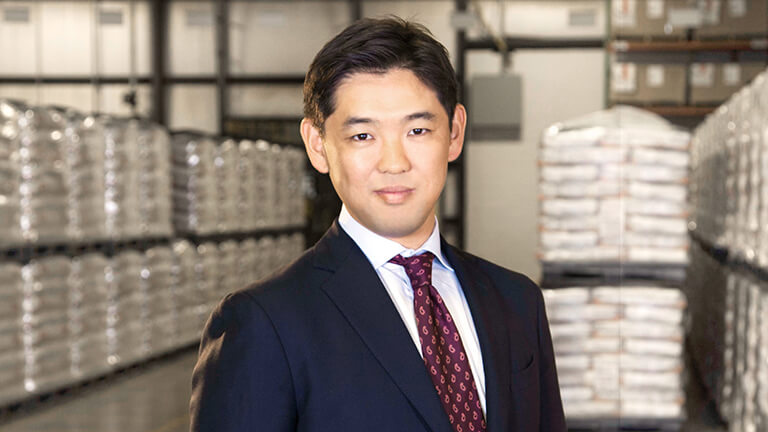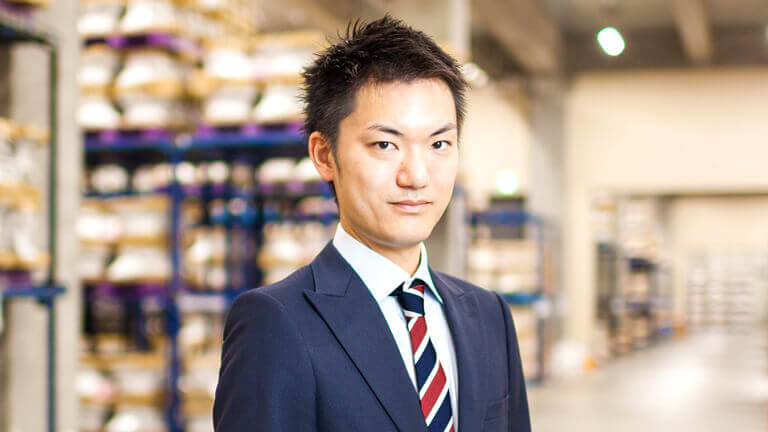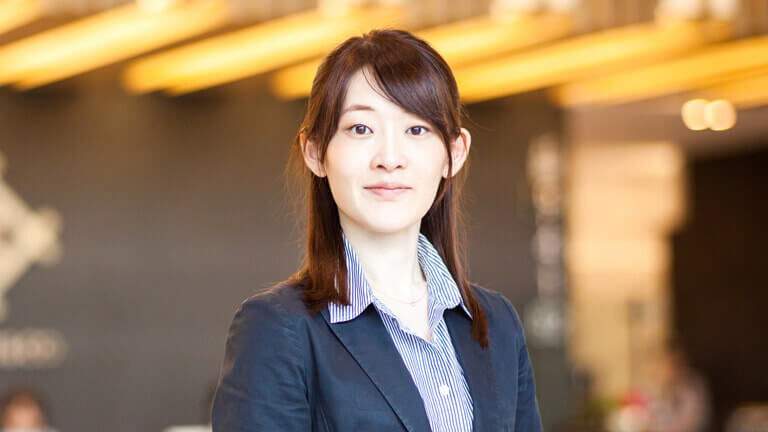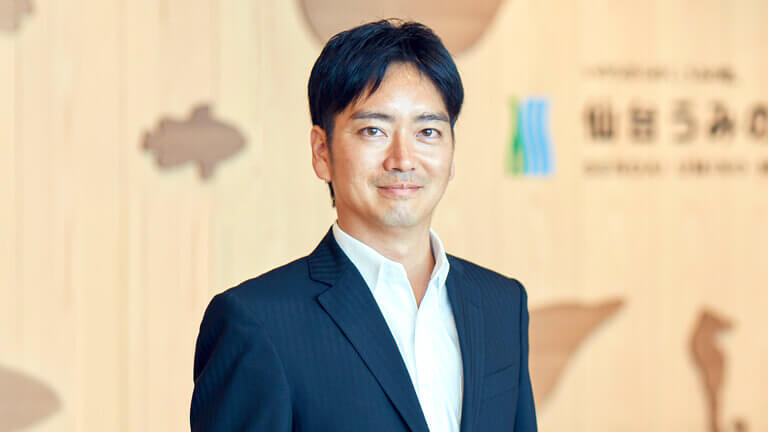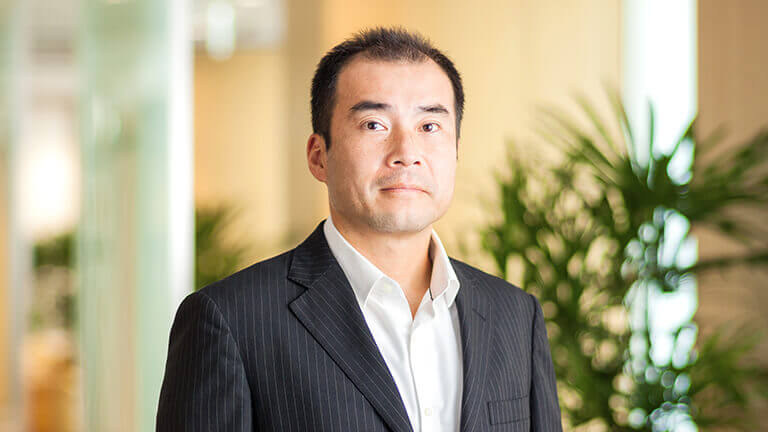
People
Hiroe Nagamatsu
Commercial Manager, U.S. Gas Marketing & Shipping Dept.,
Natural Gas Division I, Energy Business Unit II

I’m responsible for the marketing of liquefied natural gas (LNG) to our clients, who are Japanese and Asian electric power generation and gas companies. My job includes negotiating and conducting 20-year sale and purchase agreements. Even though both parties are often Japanese, the contracts themselves are in English.
At first, I had trouble understanding the terminology and nuances of the language, but now that I’ve been in this job for two and a half years, I’ve read and drafted enough contracts to know what I’m doing. LNG contracts executed for LNG export projects in the United States which have won export approval from the U.S. Department of Energy are in the public domain. That means I was able to refer to them, which was helpful.
At least at the early stages of marketing, we can make the assumption that our basic contracts with all our clients will be quite similar. So we requested a lawyer to come to Japan to create a basic template for us, and then worked together for about a week, tweaking the wording for our clients’ specific needs. The thing about Mitsui drawing up its own contracts is that we really know the ins and outs of the natural gas business; we’re more familiar with the risks involved than most lawyers are.
Negotiating a contract takes about a year and a half at the minimum. We negotiate with our clients as a team of two or three. I’m the most junior member of the team, but what’s nice is that people higher up in Mitsui are always ready to listen to what their juniors have to say. You don’t get senior people making unilateral decisions, so I feel that I’m contributing to the team and that my boss values what I have to offer.
My job is to suggest ways to modify the wording of contracts to meet the concerns of the other side. It’s a question of balance: we have to figure out why the counterparty can’t accept our perspective and address any issues in a very patient and thorough way. Often they’ll be worried about various risks that they say they want to avoid, but when you get down it, you’ll find that there’s one very specific thing that they’re worried about. If you can sort that one thing out, then they’re happy to agree to everything else.

My work is always different. Negotiating is not something you can succeed at all the time, but it’s extremely stimulating and when it goes well, it feels great. After the whole process is over, you certainly feel close to the other side.
These are big contracts, so the work has a certain sense of scale. It feels worthwhile—and a little bit frightening too. That’s why I read and re-read the contracts over and over again. I used to do karate when I was at high school and university. One thing karate gave me is the capacity to work very hard!
In fact, karate is part of why I ended up working at Mitsui. When I was hunting for a job as a student, I went out to lunch with some Mitsui employees who had been in the karate club at my university back in the day. I was worried that the work would be very routine, but they assured me that it was fun.
I was lucky that I got involved with the Cameron LNG export terminal just as the project was advancing at a rapid rate. Tangible progress was being made and you could really feel it.
Cameron is a fun project—and a meaningful one too. Ideally, I’d like to work on it through 2019, when the liquefaction facility becomes operational, but in all likelihood the HR department will rotate me on to another position before then. Still, I’d like to build up more experience and come back to Cameron at a higher level, leading the negotiations and making the key decisions myself.
Interviewed September 2015

